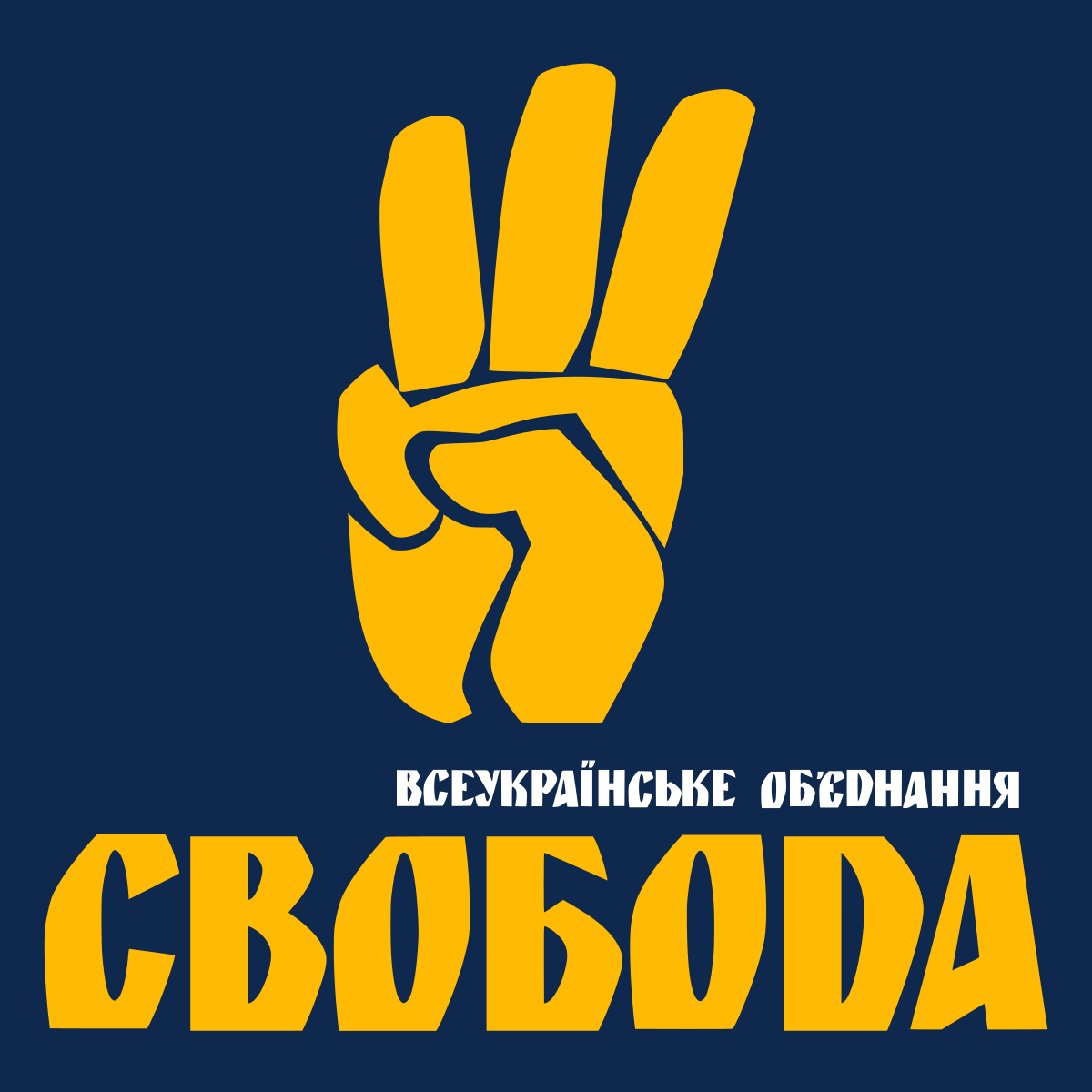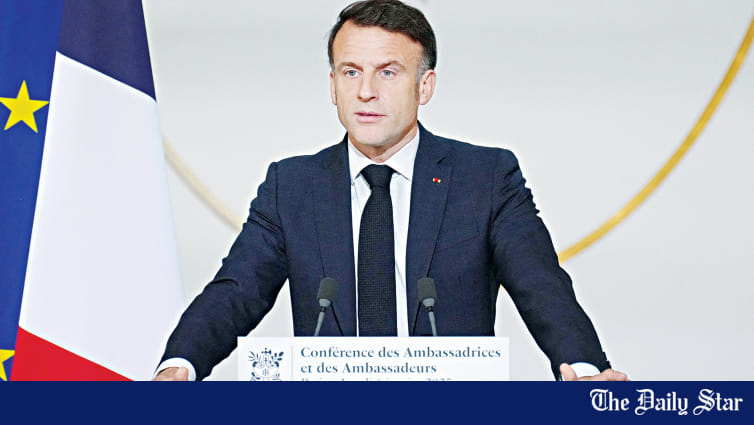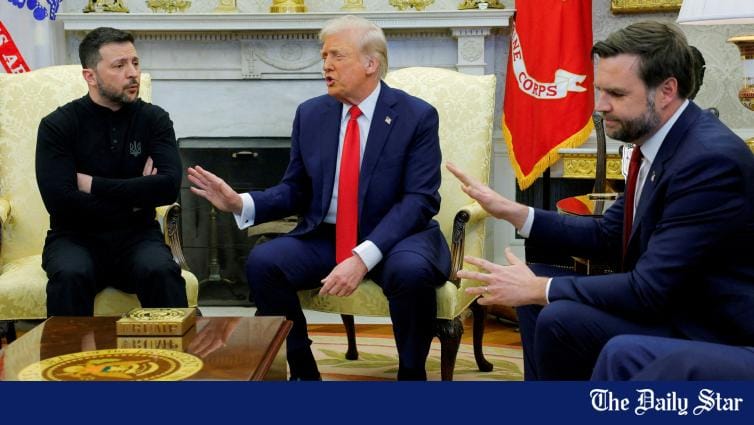Sharma Ji
Senior Member
- Messages
- 10,915
- Likes
- 529
- Nation

- Residence

- Axis Group

Ukna bhot purana scene hai, western provinces of Lvov/Lviv types totally hated communists, inspired by the National Socialists of Germany. Inka lafda not so much race, but ideology ka hai.. even Poles, same scene, hate communism and Russia because cold war me they feel they were held back and exploited.Ukraine as an entity is finished now bhai. Imam Putin will swallow 25% of its territory and totally dominate its politics. Ukraine has completely been demolished as a country and soon as a nation.
Khamenei sahb issued a statement couple of days ago when he showed a letter he wrote to zalinski before this war started, warning him to not do this and count on the west as saviors. He warned him that the west will betray you.
He is the ultimate manchurian candidate this zalinsky.
Holodmor etc check karo.
Expansionists Americans and EU sparked it all, took a gamble on Boris' response.. now they're finding out

 War Archive
War Archive






